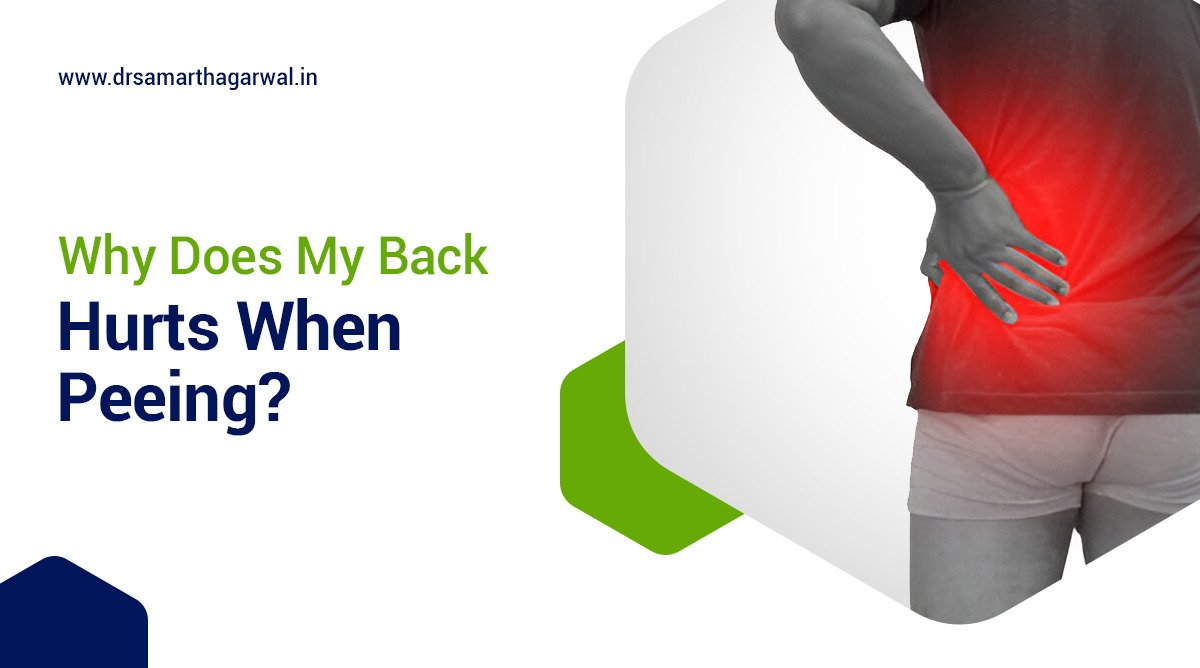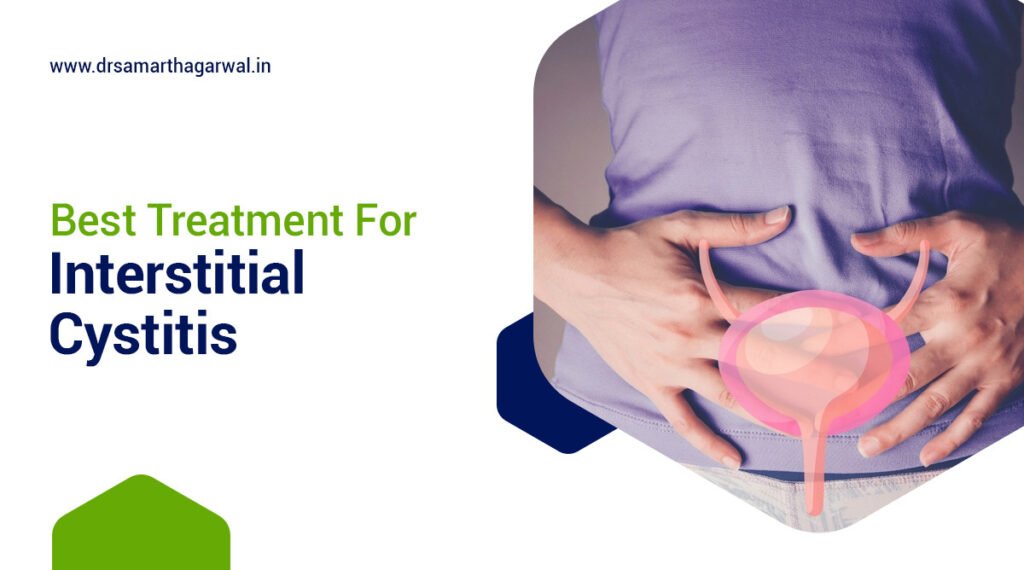Experiencing back pain while urinating can be concerning and uncomfortable. Understanding the connection between back pain and urination is essential for identifying potential causes and seeking appropriate treatment. This article explores the anatomy of the urinary system, common causes of back pain during urination, associated symptoms, diagnostic methods, treatment options, and preventive measures.
Understanding the Connection Between Back Pain and Urination
The Anatomy of the Urinary System
The urinary system consists of the kidneys, ureters, bladder, and urethra. The kidneys filter waste from the blood and produce urine, which travels through the ureters to the bladder for storage. When the bladder fills, nerve signals prompt the urge to urinate. Given the close proximity of the kidneys and bladder to the lower back, issues in these organs can manifest as back pain.
How Urination Affects the Lower Back
During urination, the muscles in the pelvic floor and lower back engage to facilitate the process. If there are underlying issues, such as inflammation or infection, the act of urinating can exacerbate discomfort in the lower back. Additionally, straining during urination due to pain or difficulty can lead to further back strain.
Common Causes of Back Pain During Urination
Kidney-Related Issues
Kidney stones and kidney infections are common culprits of back pain associated with urination. Kidney stones can cause sharp pain in the back and sides, often radiating to the lower abdomen and groin. Kidney infections, or pyelonephritis, can lead to dull, aching pain in the back, along with other symptoms like fever and nausea.
Urinary Tract Infections (UTIs)
UTIs are infections that can affect any part of the urinary system, including the bladder and urethra. They often cause symptoms such as a burning sensation during urination, frequent urges to urinate, and lower back pain. The inflammation and irritation caused by the infection can lead to discomfort in the lower back.
Bladder Conditions
Conditions affecting the bladder, such as interstitial cystitis or bladder infections, can also result in back pain. These conditions may cause chronic pelvic pain, pressure, and discomfort that can radiate to the lower back.
Symptoms Associated with Back Pain and Urination
Identifying Kidney Pain Symptoms
Kidney pain is typically felt in the flank area, which is located on either side of the lower back. Symptoms that may indicate kidney pain include:
- Sharp or dull pain in the back or side
- Pain that radiates to the lower abdomen or groin
- Changes in urine color or odor
- Nausea or vomiting
Recognizing Signs of a UTI
Common symptoms of a UTI include:
- A burning sensation during urination
- Frequent urge to urinate, often with little urine output
- Cloudy or strong-smelling urine
- Lower back pain or pelvic discomfort
When to Seek Medical Attention
It is crucial to seek medical attention if you experience severe back pain during urination, especially if accompanied by symptoms such as fever, chills, blood in the urine, or persistent nausea. These could indicate a more serious condition that requires prompt treatment.
Diagnosis of Back Pain Related to Urination
Medical Evaluations and Tests
To determine the cause of back pain related to urination, a healthcare provider may conduct a physical examination and review your medical history. They may order tests such as:
- Urinalysis to check for signs of infection or blood
- Blood tests to assess kidney function
- Cultures to identify specific bacteria in the urine
Imaging Techniques
Imaging techniques, such as ultrasound or CT scans, may be used to visualize the kidneys and bladder. These tests can help identify kidney stones, tumors, or other abnormalities that may be causing pain.
Treatment Options for Back Pain When Peeing
Pain Management Strategies
Treatment for back pain associated with urination often begins with pain management. Over-the-counter pain relievers, such as ibuprofen or acetaminophen, can help alleviate discomfort. In some cases, prescription medications may be necessary.
Addressing Underlying Conditions
Treating the underlying cause of back pain is essential. For kidney stones, treatment may involve hydration, pain management, and, in some cases, procedures to remove the stones. UTIs are typically treated with antibiotics, while bladder conditions may require specific therapies.
Lifestyle Changes to Prevent Back Pain
Making certain lifestyle adjustments can help prevent back pain and urinary issues. Staying hydrated, maintaining a healthy diet, and practicing good hygiene can reduce the risk of infections and kidney stones.
Preventing Back Pain Related to Urination
Hydration and Diet
Drinking plenty of water helps dilute urine and flush out toxins, reducing the risk of kidney stones and UTIs. A balanced diet rich in fruits, vegetables, and whole grains can also support urinary health.
Regular Medical Check-Ups
Regular check-ups with a healthcare provider can help monitor kidney and bladder health, allowing for early detection and treatment of potential issues.
Exercises for Lower Back Health
Incorporating exercises that strengthen the lower back and core can help prevent pain. Activities such as yoga, Pilates, and targeted strength training can improve flexibility and support spinal health.
By understanding the connection between back pain and urination, recognizing symptoms, and seeking appropriate medical care, individuals can address their concerns effectively and maintain better urinary and back health.

If you have any questions or concerns about urinary health, including experiencing back pain while urinating, please contact Dr. Samarth Agarwal, the top urologist in Siliguri. Your health matters, and Dr. Agarwal is here to help you understand and address your symptoms.






